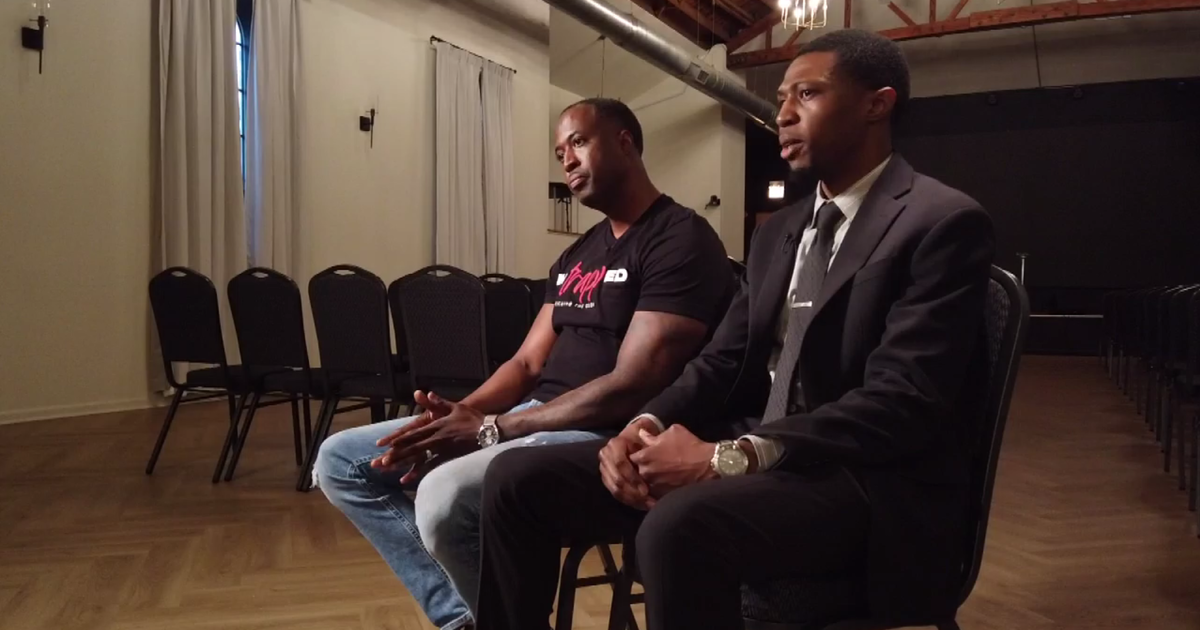Doctors Expecting Boom Of "Polar Vortex Babies"
CHICAGO (CBS) -- Obstetricians and hospitals across Illinois were expecting a bit of a baby boom in the next couple months, all thanks to the infamous polar vortex this past winter.
WBBM Newsradio's Lisa Fielding reports, this time seven to nine months ago, Chicago was experiencing record cold and snow.
Dr. David Quell, an OB/GYN with Meridian Medical Associates in Joliet, said they always seem to experience a bump in births after an act of Mother Nature makes headlines, such as the Great Northeast Blackout in 1965.
"Back in 1965, New York had a power outage for a while, and they had kind of a baby boom afterward," he said.
Podcast
Now there's talk the infamous "polar vortex" and multiple blizzards of this winter have led to a spike in expectant mothers who will be delivering soon.
This past winter was the third coldest on record in Chicago, with an average temperature of 18.8 degrees between December and February. It was also the third snowiest winter on record, with 82 inches. Chicago also set a record for most days with a low temperature of zero or below.
"That should lead to some more babies for us this fall," said Quell. "We call them either Polar Vortex Baby, or Blizzard Baby, or Snowstork."
Quell said September, October, and November typically are a busy time of year, but this past winter's record cold and snow mean lots more expecting mothers getting ready for special deliveries this fall.
"I think we're going to get … 20 to 30 deliveries in October between myself and my partner," he said.
The doctor said there's been a nationwide decline in delivery numbers since the 2008 recession; with a 20-40 percent decline in births since 2008. However, those numbers are picking up again.
"That's good news for us. Not that we want to experience anymore Polar Vortexes, but we're glad we have an increase in births recently," Quell said.
The American Journal of Obstetrics and Gynecology said sperm cells also might be the healthiest in winter, meaning they move faster and fewer are abnormal.



